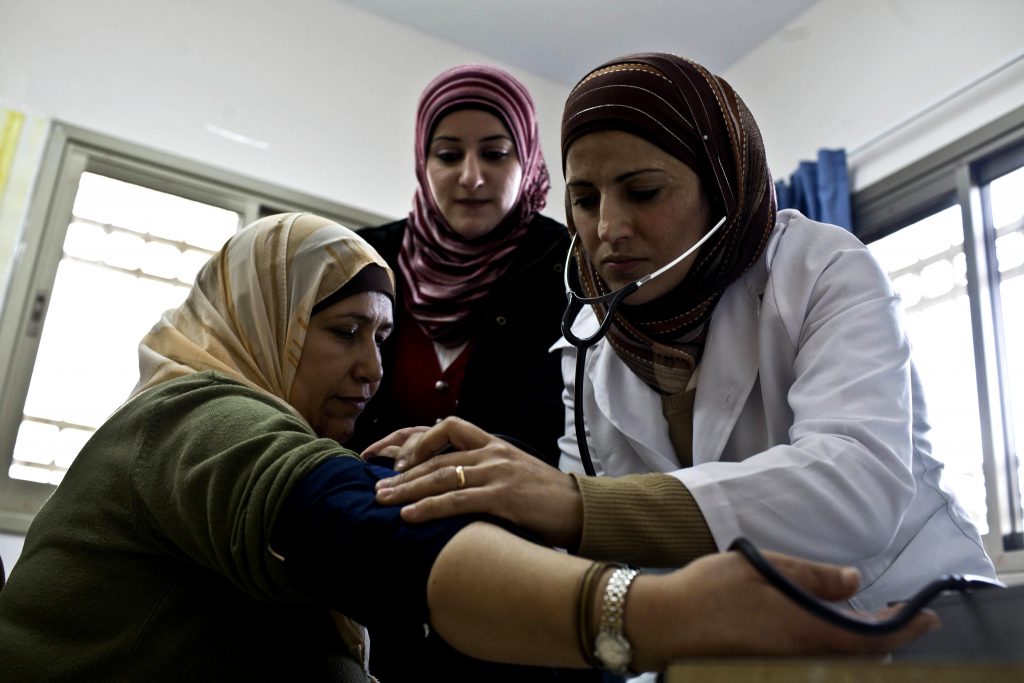Care is central to the way our societies function, in the Euro-Mediterranean region as elsewhere. It entails a wide variety of activities in sectors such as education, healthcare, childcare, elderly care and domestic work. Care work requires both physical and emotional labour. It results in one person providing services to another when needed, allowing the latter to physically, mentally and emotionally function.
This labour is performed in three different areas: in the household, in the private and public sectors. The household sector remains the most significant provider. Household labour de facto falls onto women and their domestic work is rarely recognised nor remunerated. For example, unpaid care labour is not considered in the calculation of the Gross Domestic Product (GDP) and would represent globally $10.8 trillion per year.
This raises a question: who cares? Care work, paid or unpaid, is highly gendered and by far performed by women: 70% of healthcare workers are women. They perform 4.1 hours more domestic labour than men, represent 68% of teaching professionals worldwide, and account for 88% of personal care workers.
When it comes to care work, there is a clear Global South-Global North dynamic. The ‘double burden’ for women leads to a dilemma: finding a job that earns enough to pay for care workers, or staying home. The former is only available to privileged women in the North and in the South. This dilemma rules the private care sector but also public budgets: as care work is expensive, providers attempt to lower the costs by hiring women in precarious conditions, often migrants.
The social and health crisis linked to the COVID-19 pandemic has revealed how crucial care is to the economic, social and even psychological sustainability of our societies. It has also blatantly exposed how vulnerable some workers are. These effects were rendered obvious when countries such as Austria and Germany experienced a shortage of care workers who had been forced to remain in their home countries. In Lebanon, migrant women performing domestic care work were laid off as the fear of economic crisis arose.
The current crisis is giving a rare opportunity to challenge the unfair state of care work that is under-valued, invisible and precarious. The pandemic is an opportunity to redistribute this work, from unpaid to paid – striking a balance to avoid reinforcing class and race inequalities -, from market to state and from women to men.
“Who cares during the pandemic?” will be discussed during our 4th webinar on June 24th at 5pm CET. This webinar will be available in English and Arabic. Find out more on this link.

